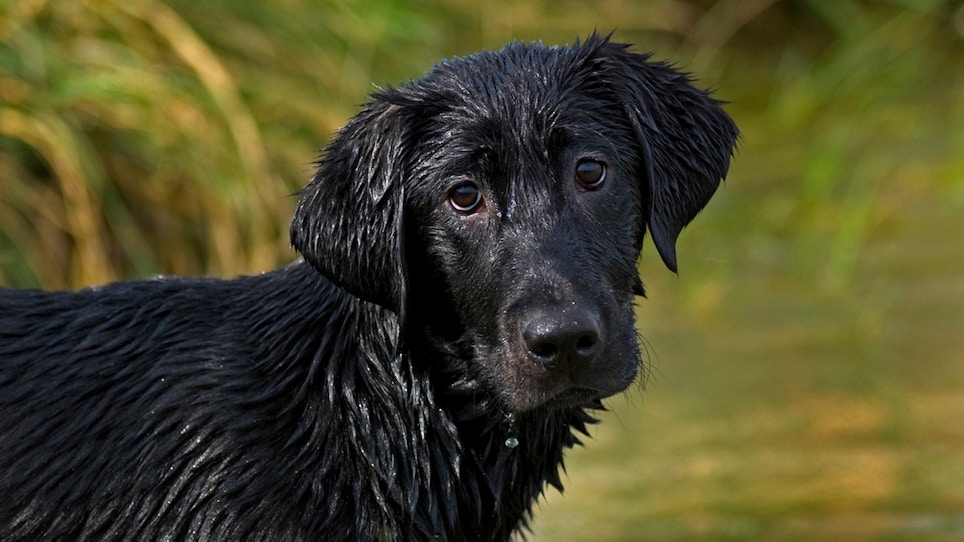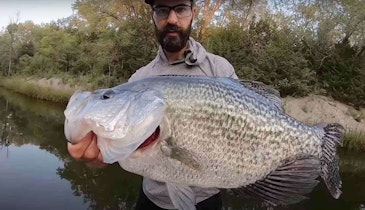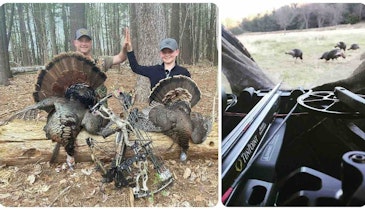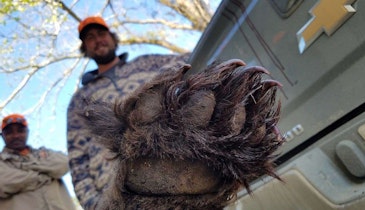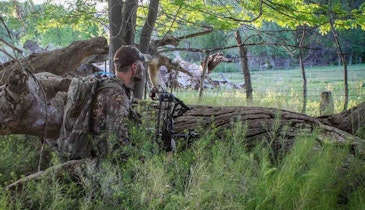Featured Photo: John Hafner
Alaska Public Media recently reported incidents of antler theft, while some local hunters suspect the booming demand for antler dog chews as a catalyst. The story was picked up and broadcast nationally over the weekend on NPR’s Weekend Edition Sunday.
One incident involved Jeff Young. He had two large racks of moose antlers ripped from the front of his garage in Anchorage this winter. "I started hearing more stories from other friends that are hunters: 'Yeah, I had a pile by the shed, been there 10 years, all gone,'" Young said in the Alaska Public Media report. "Another guy was like, 'Yeah, I always threw them on the roof, come home one day, all gone.'"
This dog chew boom and affinity for antler strips isn't limited to Alaska and it’s not a trend limited to Craigslist or Etsy. Instead it's common across the country where antler chew toys are readily available in big-box, pet-supply chains from Alaska to South Carolina.
The popular online retailer Chewy.com offers 49 results in response to the search term “antler chew toy.” Chews include antlers from elk, deer and moose. One pet-supply manufacturer, Prairie Dog, even offers a “Chicken Flavor Antler Split Dog Chew.” It retails for $9.05 on Chewy. But, say you have a big dog and want your antler chew toy to last. Well then, you might shell out $38.48 for a USA Antlers “Deer Rack Snack,” which is 7 to 11 inches of antler for your canine to enjoy.
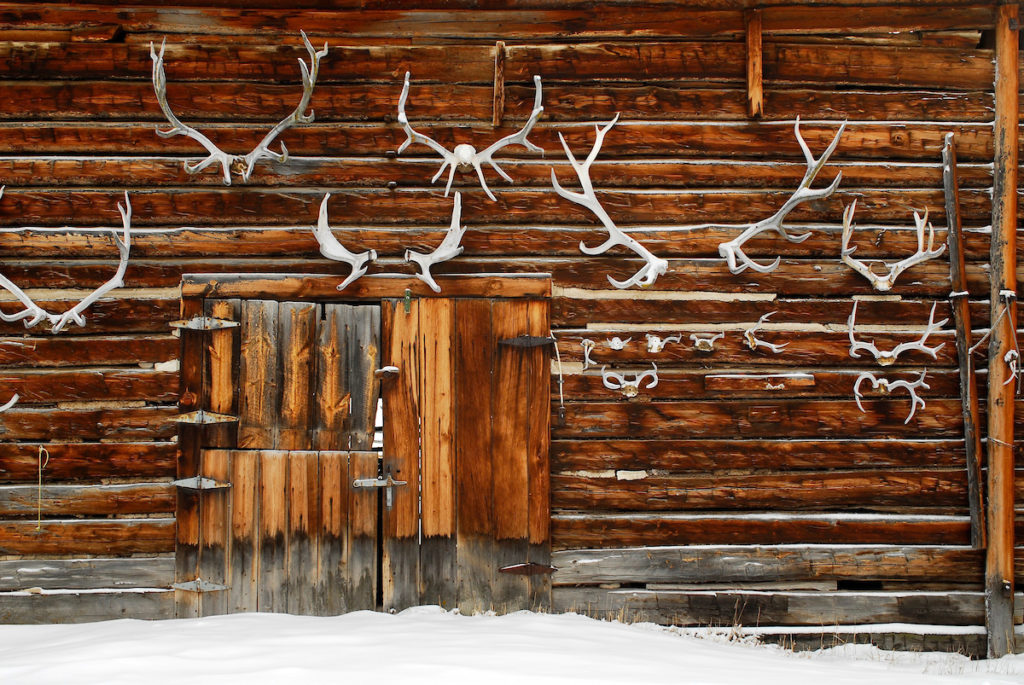
It's not uncommon for hunters to hang antlers on the front walls of old barns and hunting shacks. Is it time to bring those trophies indoors? Photo: John Hafner
Antler chews represent a growing market share in an already-booming pet-supply industry that, according to the American Pet Product Association, racked up more than $69 billion in sales. NPR reports:
"Hunters and horn merchants believe the thefts are being carried out by low-level criminals trying to make a fast buck by unloading antlers that are eventually sold to larger pet supply companies. Unscrupulous buyers can easily cut the antlers and horns into small chunks with a table or band saw, making the source material all but impossible to trace."
But why antlers?
Well, one reason could be your dog's diarrhea issues. But understand: it's not what antlers have to do with diarrhea. Instead, it's what antlers do NOT have to do with diarrhea.
While not everyone is aboard the “antler train” (check the AKC’s list of concerns here), the selling point of purchasing antler strips for your dog’s chewing pleasure appears to be the all-natural, low-odor and non-allergenic characteristics of antlers. Meanwhile the common alternatives — namely rawhide bones and treats — are made from the inner layer of cow or horse hides.
Enter diarrhea and WebMD, the master of health-related scare tactics. Ever the Paul Revere of the internet era, shouting with urgency and alarm, the online medical platform lists common risks of giving your pet rawhides. In addition to diarrhea and other digestive irritations, they also cite contamination, including Salmonella or E. coli.
And, lest you be disappointed in WebMD’s effort to strike concern in the hearts of pet owners, rest assured they did take care to remind readers that these bacteria are not only limited to the pet who chews the rawhide. No, sir, they can indeed put humans at risk when contact is made with contaminated rawhide treats.

Some dog owners will shell out as much at $38 on an antler dog chew to avoid disasters such as this. Photo: iStock
Conversely, antlers are all natural.
The product description for an elk antler chew teases this attribute multiple times:
"Elk antler chews are naturally shed and renewable. They support bone and muscle health and their hard texture helps clean teeth, massage gums and exercise jaws as your dog chews.
- A natural source of calcium, phosphorous and other nutrients for bone and teeth formation
- Low odor, non-allergenic treats that are never treated with chemicals, bleach, dyes or formaldehyde
- These all-natural antlers contain only real ingredients and no fillers for the highest quality treats and snacks you can give to your pet"
And Americans love all-natural anything. Oh, they don’t love theft, of course. No self-respecting citizen would. But whatever. Let's just gloss over that small detail, shall we? The family pet can not have diarrhea, the living room can not smell like cow hide and the pet owner sure as hell can’t come in contact with Salmonella despite the very tiny possibility of this actually happening, admits WebMD.
Meanwhile, let's hope Alaskan hunter Jeff Young and his buddies take their trophies indoors. And hang them high, fellas, lest your loyal hunting dog go astray and seek to work his teeth and jaws.
